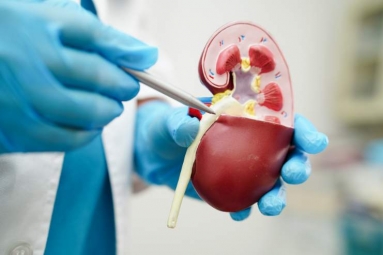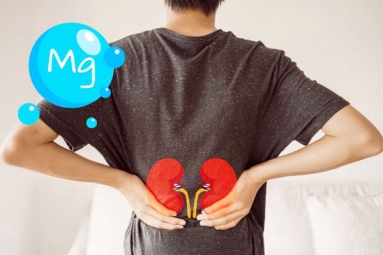
(Image source from: Freepik.com)
Dehydration is most likely to happen when we’re too hot or too dry, have limited water access, or lose more water than usual. Warm or dry environments like homes with central heating increase our need for fluids. We can lose fluids from sweating during exercise or in hot climates and from vomiting and diarrhea. The color of our urine can indicate if we’re getting enough fluids. We should aim for straw-colored or paler urine, and darker urine may mean dehydration. Dehydration, especially chronic dehydration, can cause urine with higher mineral and waste concentrations, leading to crystal formation and kidney problems like kidney stones.
Studies show that drinking plain water can protect kidney function. The NHS and European recommendations advise women to drink eight 200ml glasses and men to drink ten 200ml glasses of fluids daily.
Researchers from Australia and Canada have discovered that maintaining a healthy fluid intake can assist in reducing the chances of chronic kidney disease by flushing out urea and other waste products from the body. However, the appropriate amount of fluid intake varies from person to person and depends on several factors, such as the type and quantity of exercise, weather conditions, and health status (such as pregnancy or breastfeeding). Furthermore, individuals with kidney disease, particularly those receiving dialysis treatment, need to closely monitor their fluid intake.
Tips to avoid Dehydration:
Water is the best choice for maintaining kidney health, even though all fluids count towards your daily intake. Drink water frequently and in small amounts. Women should aim for eight 200ml glasses of fluid per day, while men should drink ten. In hotter weather or during strenuous exercise, you may need to increase your intake to compensate for fluid loss through sweating. Be mindful of the color of your urine; it should be pale or straw-colored. Darker urine is an indication of dehydration. Keep a water bottle on hand while moving or exercising.
















